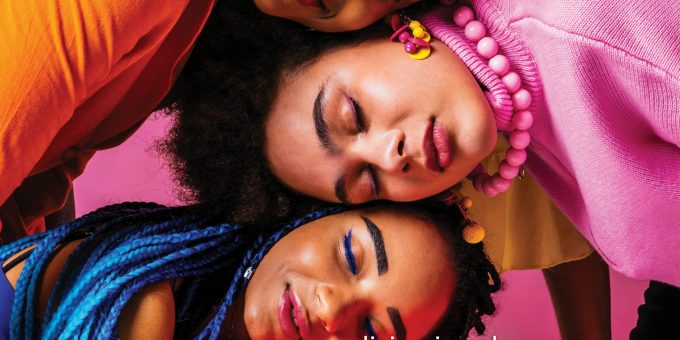Fall 2023 Table of Contents
by
Contexts Magazine
| November 15, 2023
|
Fall 2023
- “A Cannabis Conundrum,” by Sophie X. Liu
- “Going Up Country?” by Parker Muzzerall
- “The Depths of Sexual Racism,” by Rose Xueqing Zhang
- “Worthless Bodies, Legitimized Violence,” by Rose Xueqing Zhang
- “Social Determinants of Obesity,” by Rose Xueqing Zhang
- “Take a Bite Out of Crime?” by Sophie X. Liu
- “Learning Curves,” by Sophie X. Liu
- “Ethnic Identity and Migrant Communities,” by Colter Uscola
- “The War on Climate,” by Parker Muzzerall
- “Happy Parents,” by Parker Muzzerall
- “Unplugging from Politics,” by Elena G. van Stee
q&a:
- “Getting Close to the Issues.” Amin Ghaziani interviews author, journalist, and podcaster Louise Callaghan about bringing a human element to global current events.
- “Adversity and Creativity.” Amin Ghaziani interviews activist, journalist, and documentarian Rokhaya Diallo about adapting to find the right medium for every message.
features:
- “Transgender Joy: Flipping the Script of Marginality,” by Laurel Westbrook and stef m. shuster. Though it is vital to attend to oppression and inequality, telling stories about trans joy helps scholars, trans people, and the public understand the full complexity of trans people’s lived experiences. Noticing, nurturing, and celebrating joy is a vital form of resistance for marginalized communities.
- “Owning Color: The Visual as Property,” by Gary Alan Fine and Fiona Greenland. Who has the right to claim color? Through three chromatic cases—International Klein Blue, Vantablack, and Pullman, or UPS Brown—the authors explore the social significance of and commercial demands upon the vividly colorful world we all share.
- “Race, Erasure, and Skin Cancer Prevention Guidelines,” by Ashely C. Rondini, Jerry Saunders II, Omar Khan, Shanay Jones, Francesca Testa, Isaiah Osazuwa, and Rachel H. Kowalsky. Despite disproportionate mortality rates for Black skin cancer patients, medical education and practice guidelines center White bodies and fair skin. How did dark skin become such a deadly dermatological blind spot?
- “Machine Learning and the Reproduction of Inequality,” by Sharla Alegria and Catherine Yeh. Machine learning is the process behind increasingly pervasive and often proprietary tools like ChatGPT, facial recognition, and predictive policing programs. But these artificial intelligence programs are only as good as their training data. When the data smuggle in a host of racial, gender, and other inequalities, biased outputs become the norm.
in pictures:
culture:
trends:
books:
policy brief:
one thing i know:

